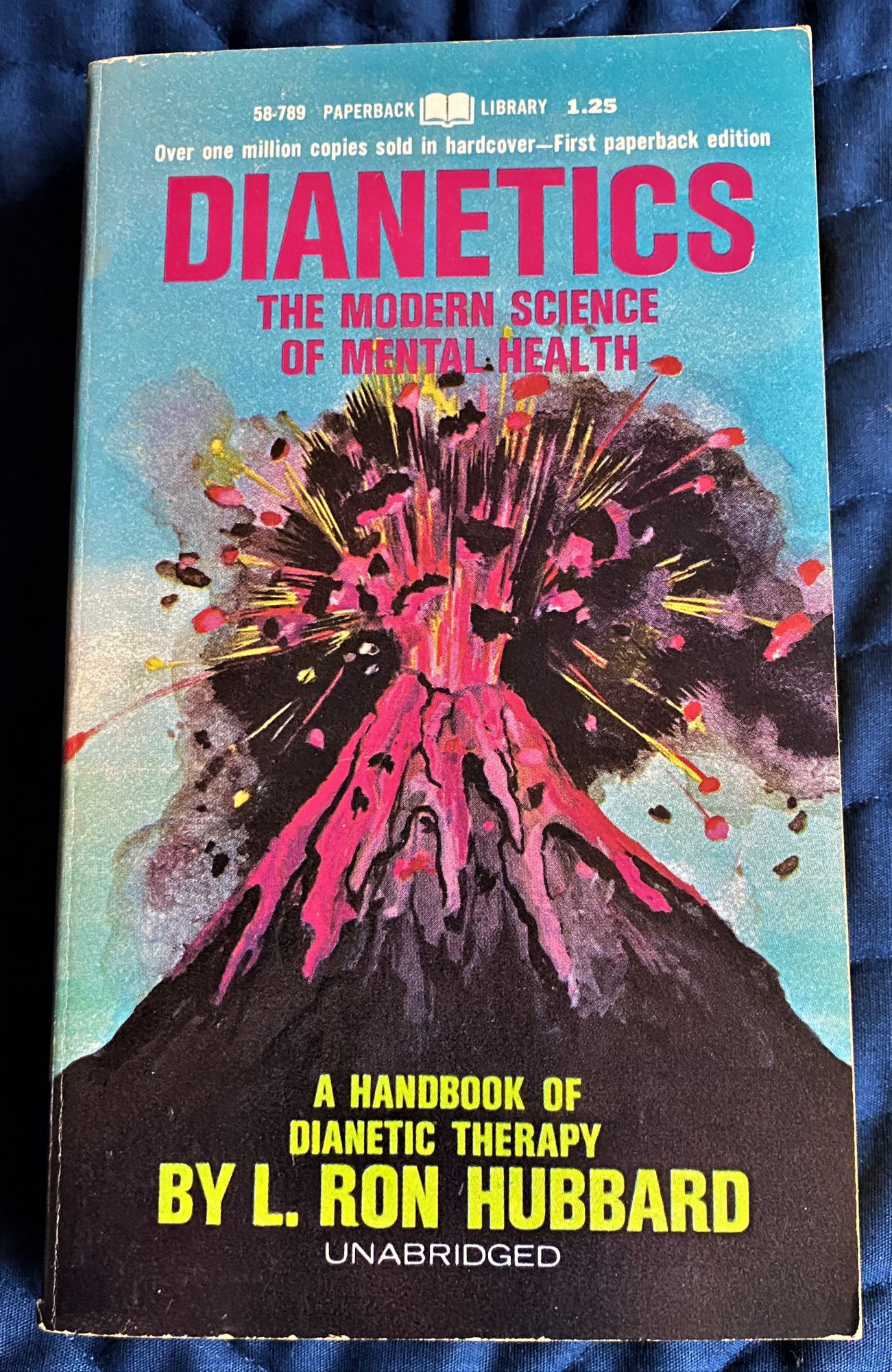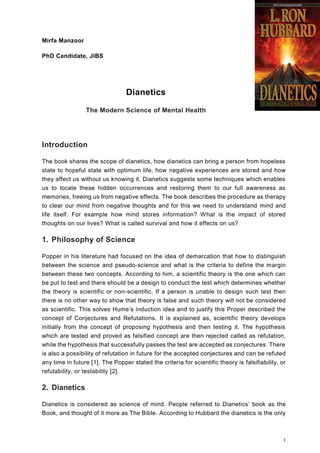The Basic Principles Of Dianetics
The Basic Principles Of Dianetics
Blog Article
The Facts About Dianetics Revealed
Table of ContentsDianetics - TruthsDianetics - The FactsThe Single Strategy To Use For Dianetics8 Simple Techniques For Dianetics
I could not ever before not desire to receive anything that comes to mind for you- if it was otherwise, I wouldn't be resting right here with you, doing this. I not only could never have an issue, or not intend to listen to something that comes to mind for you, but I'm completely eager to know every concept, every thought, every photo or sensation that arises or manifests for you- don't ever before believe or else, and if for some factor you do, please just allow me recognize! Sometimes, you may have an idea, and image, concept or case turn up that does not seem to answer the concern, or associate to it, but nonetheless, constantly do tell me concerning it, and as we continue, the importance will certainly arise for you.This is fundamental in the basis of processing, and the topic of this conversation: the standard roles of the therapist and the client: The fundamental duty of the counselor is, as opposed to "standard training", not to regulate, which means to apply and/or prevent, however to rather function from the basis of EMPOWERING THE CUSTOMER.

Dianetics for Beginners
John Mcmasters expressed this fundamental truth wonderfully well in one of his talks on Power processing, in which he describes exactly how he was asked what this "special propensity" was that he had for giving such fantastic sessions; he had to consider that for a moment, and detected that it was what he wasn't doing, in addition to what he was doing: he wasn't evaluating, judging, computing, or actually, producing any ideas, not to mention spoken expressions, after giving the command and while awaiting the PC to finish their response to their contentment; he was, merely and only, existing with the computer, and completely interested.
The function of the therapist, demonstrated; that was his "special knack". I have had my very own experience which educated me this well, very beforehand in the game. In 1982, having just recently finished my training and internship on New Era Dianetics, I was running this on a PC, and there was a factor in the session where (being a bit damp behind the ears not yet having numerous hours under my belt as a specialist auditor) the computer appeared to be "taking also lengthy" to share anything vocally after I provided him a command.
This key became one of the most beneficial contribution that John ever before made to the subject of therapy or bookkeeping (Dianetics). In my humble point of view, it is the best payment that anybody has actually ever before made to these subjectsthe application is totally non-judgemental, non-evaluative, and without any pointer, advice or opinion.no preconditioned schedule for people, or 'levels' that they should do
In Scientology we prided ourselves on not evaluating for individuals. All that truly meant was that the auditor did not VERBALLY assess for the PC in session.
Getting The Dianetics To Work

Anybody who had actually ever seen John audit could not help yet notice an one-of-a-kind top quality in his bookkeeping."The click here now customer's basic duty is to be there with the function of relocating the instructions of their spiritual objectives, and to easily and fully express and experience whatever materializes for them in responding to the questions and performing the directions in the processing.
This is something to procedure as needed. Likewise, individuals often have prior experience and/or brainwashing in auditing/processing which, in some methods, and to some degrees, really deceives them website here right into attitudes, concepts and habits patterns that protect against the full understanding of these functions, and so they will certainly have a tendency to hinder the expressing of what comes to mind, as in the instances provided above - Dianetics. * The initial, and perhaps leading instances of mis-indoctrination leading to less than completely smooth and reliable sessions, can be found in specific aspects of the training regimens, or "TR's":"TR's" are often a person's first, or at least early, experience in Scientology, and while I will take place to discuss what I see as the flaws in principle and practice, nonetheless, tend to be significantly therapeutic, done as they are offered (Hubbard firmly insists that "TR's are not processing, they are educating", but factually, they are both processing AND training)
Alan Walter made similar observations, and improved these with his "Existence Processes". There is no "failing", and no denial of the truth of this being handling. The emphasis, as it must be, gets on experiencing the other individual's visibility. All the symptoms which get a "flunk" in doing "TR-0" are merely the being's initiatives to resist the other individual's presence, and instead of being bugged and badgered with "Flunk", which enforces "failing!" on the being, one simply requires to be urged to "stick their feet in the water a little deeper", to significantly restore their capacity and willingness to fully share and experience "being here", or "existence", with others.
9 Simple Techniques For Dianetics

Report this page